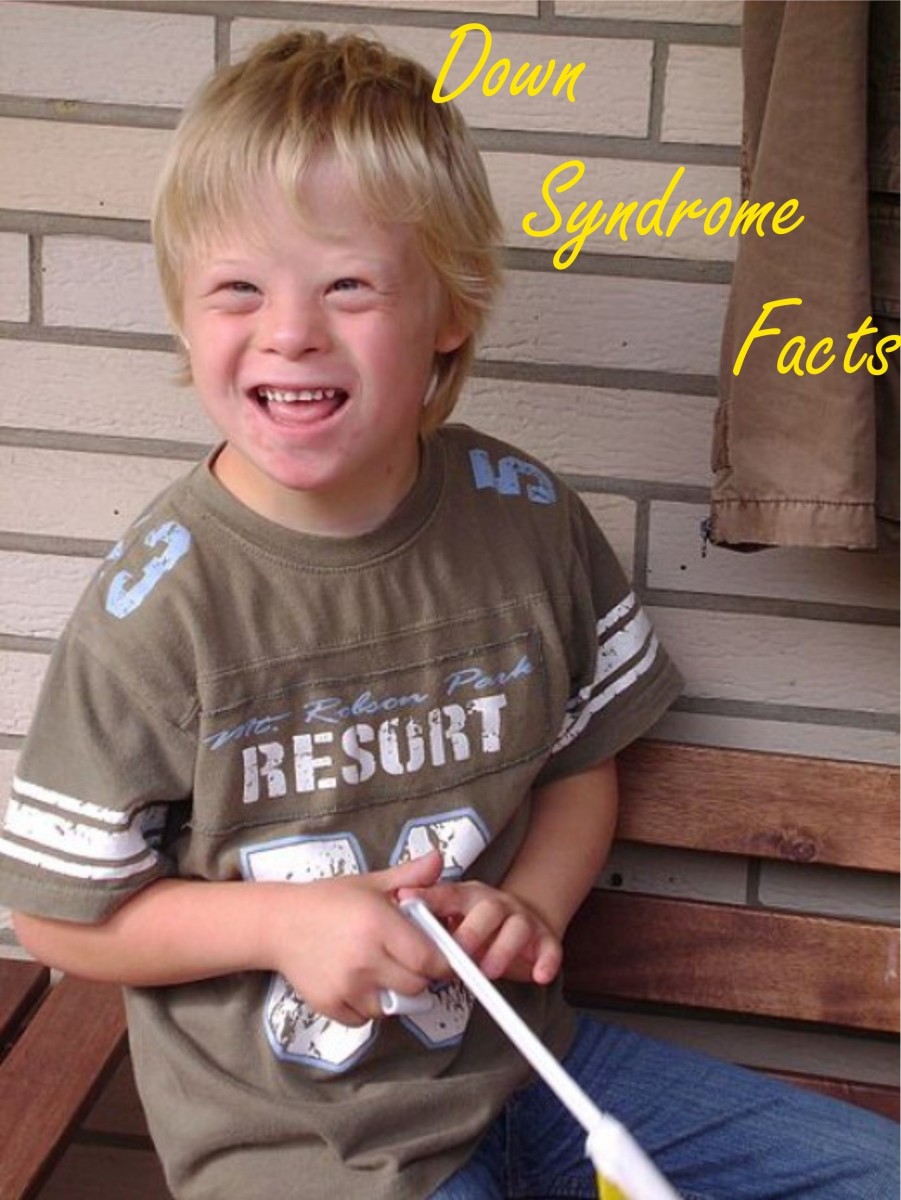Parent Toolkit for Highly Sensitive Children
Your Highly Sensitive Child (HSC)
Most parents notice their children are highly sensitive when their kids really seem to get other people's sadness or pain from very young ages, or when their children have frequent breakdowns.
Chances are, you might have memories of the same happening to you as a kid. You might not have felt understood, or you might have been an easy target for bullies because you were upset very easily and they knew they could get to you.
You have the chance to help your highly sensitive child learn the skills necessary for managing emotions Here are some "tools" to help you manage your little ones so they can develop into healthy, happy individuals.
Your highly sensitive child gets easily overwhelmed because she feels everything on a deeper level.

Tool #1: Respect
If you know your child is highly sensitive, you most likely realized your baby came out that way.
Highly sensitive people are born the way they are. When it comes to emotions, you might notice there is no in between with your child. He seems either really, really happy or really, really sad.
These are not mood swings. Mood swings are different than innate characteristics. Your child feels everything very deeply, so there might not be a middle ground for your little one when it comes to emotions.
Therefore, it helps highly sensitive children when they are respected for exactly who they are.
The following will not help show respect for your child:
- Rolling eyes, or saying, "Not again."
- Calling your son or daughter king or queen of drama (unless they do really well in school plays!).
- Begin statements with, "You always..."
- Lose your temper at your child's show of emotion.
This is not about you ignoring your feelings. At times, you could think, "Oh, no, not again." The trick is to keep it to yourself.
However, you need to work on why you think and feel that way. Are emotions really tough for you to handle? Do your child's meltdowns make you feel like a bad parent? Do you find the outbursts embarrassing?
These are all your issues to work on. Your child has no intention of embarrassing you, making you feel like a bad parent, or making you feel things you don't want to feel. Your child is just busy being him.
Ways to show respect are:
- Listen closely to what your child is saying.
- Allow some time for your child to calm down and help her calm down the best you can, like decreasing visual, auditory, or tactile stimulation.
- Be willing and flexible enough to chalk up your child's behavior to having a bad day.
- Realize your child's feelings are valid, even if you don't understand them.
- Be there to help your child solve problems.
Tool #2: Find Your Inner Calm
Even during the eye of the storm, the calmer you are, the quicker the storm will pass.
Extra sensitive kids need a lot of help finding calm. Sensitive kids can also help us realize when we need help on our own stress management skills.
If you are not in the habit of taking deep breaths before you handle a stressful situation, now is a great time to start. Also, meditation often incorporates breathing techniques and has been found to be effective in easing stress and anxiety. Your calm will help your child.
Here is a simple, quick calm down method for yourself:
- Breathe in for a count of four.
- Hold your breath for a count of four.
- Breathe out for a count of four.
It's simple, but it works. It helps activate the body's calming response.
Finding your inner calm.

Tool #3: Cultivate Acceptance
Every kid comes with their strengths as well as a set of challenges to overcome. If your child feels very deeply and gets overwhelmed by everything very easily, those are your kid's challenges.
You can foster an open, loving attitude by appreciating your child's strengths. Extra sensitive kids can sometimes have powers of observation that can seem like a superpower at times. They can be passionate, loving, caring individuals. They can lavish you with attention and are able to tell you openly how much they love you. As your child grows, you might find she can be a great source of comfort to everyone around her.
Get others to help! Often, pets are willing assistants to help calm down both children and adults.

Tool #4: Develop Your "Calm Down" Routine
If your child is overtired or physically taxed, he or she might have an emotionally bad day because of your child's tendency to become easily overwhelmed.
This will take some experimentation on your part. Does your child calm down easier by herself? Is there a song or DVD that helps your child relax? Will your child take some deep breaths with you to calm down? Do you think a cup of hot chocolate at the kitchen table with Mommy will help?
It will be very difficult to help your child if you don't know what set off the incident. Calming down should always be the first step. As long as your child is safe, take a moment to yourself to calm down, then work on doing the routine to help your child to calm down.
If you can help your child learn how to calm down, you're doing a lot!

Tool #5: Reinforcing Skills
Believe it or not, when you work with your kid to help her calm down, you are teaching your child emotional regulation skills.
For example, if your child calms down after a meltdown by herself in her bedroom, you can reinforce her behavior by stating, "Good job calming yourself down!" Give her a hug or kiss for a job well done.
For many sensitive kids, the calming down part is one of their challenges. In helping them to calm down, you are teaching your sensitive kids that it is possible for them to calm themselves down, that there is a land in sight in the vast sea of their emotions.
Develop and Stick to Your Plan
The tools provided in this article will help you develop your plan on how to handle times where your child is overwhelmed and needs help calming down, a great challenge for many sensitive children.
Because they feel emotions, pain, and stress on a deeper level than most people, they get overwhelmed easily, and when they do, it's more difficult for them to find their center.
In developing your own plan to manage the times where your child becomes overwhelmed, you are teaching your child important life skills, such as self-regulating their own emotions, and the ability to calm down.
Sum It Up
- Extra sensitive kids can become easily overwhelmed.
- Parents can be most helpful by treating their kids with respect and working on their own issues, such as stress management, or emotional issues.
- It helps both parents and child calm down by having a plan in place to follow. Practicing this plan will help it become second nature.






